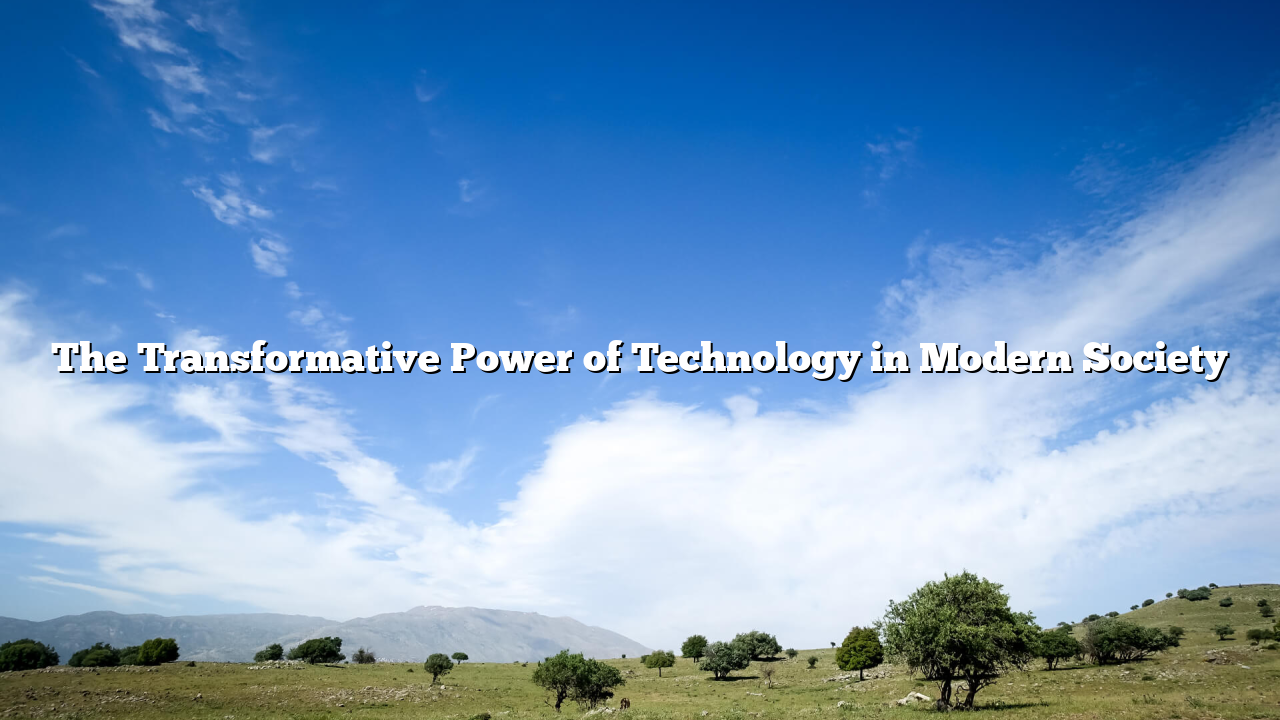Technology has become the cornerstone of modern civilization, shaping how people live, work, and communicate. From the advent of the internet to the rise of artificial intelligence, technological innovation continues to redefine human potential and societal development. In today’s world, technology is not just a tool kingindo127 but an integral part of everyday life that influences almost every aspect of society.
One of the most significant contributions of technology is the revolution in communication. Decades ago, sending a message across continents could take weeks, but now it happens in seconds through instant messaging and video calls. Platforms like social media have connected billions of people, enabling the exchange of ideas and cultures on an unprecedented scale. This interconnectedness has fostered global awareness, bridging distances and promoting international collaboration in ways that were once unimaginable.
Technology has also transformed the workplace. Automation, cloud computing, and digital platforms have reshaped industries, allowing companies to operate more efficiently and competitively. Remote work, which became especially prevalent during the COVID-19 pandemic, demonstrated how digital tools could maintain productivity outside traditional office spaces. At the same time, artificial intelligence and machine learning are now playing crucial roles in decision-making processes, data analysis, and even creative industries, opening new opportunities while raising important questions about the future of employment.
In education, technology has created new pathways for learning. Online platforms and digital resources make education more accessible, allowing students from diverse backgrounds to engage with quality materials regardless of their location. Virtual classrooms, e-learning apps, and interactive tools are not only supplementing traditional education but also reshaping it. Technology empowers learners to study at their own pace, fostering independence and innovation among students. However, this shift also highlights the digital divide, as not all communities have equal access to technological resources.
Healthcare is another sector experiencing groundbreaking changes due to technology. From telemedicine to robotic surgery, technology has improved patient care, diagnostics, and treatment efficiency. Wearable devices can monitor health metrics in real time, alerting individuals and doctors to potential issues before they escalate. Meanwhile, advancements in biotechnology and genetic engineering are paving the way for personalized medicine, offering treatments tailored to an individual’s genetic profile.
Despite these advancements, technology presents challenges and ethical dilemmas. Issues such as data privacy, cybersecurity, and the responsible use of artificial intelligence remain at the forefront of global debates. The rapid pace of innovation often outstrips the ability of laws and regulations to keep up, leaving society vulnerable to misuse and unintended consequences. Moreover, the increasing reliance on digital systems raises concerns about human dependency and the potential erosion of interpersonal relationships.
Looking ahead, the future of technology holds both promise and uncertainty. Emerging fields such as quantum computing, renewable energy technologies, and space exploration signal exciting possibilities that could reshape humanity’s trajectory. At the same time, it is essential for societies to balance innovation with ethical responsibility, ensuring that technology serves humanity rather than undermines it.
In conclusion, technology is both a driver of progress and a challenge that requires careful navigation. It has transformed communication, work, education, and healthcare, opening doors to opportunities unimaginable in previous generations. Yet, the responsibility lies with individuals, governments, and organizations to harness its potential wisely. By embracing innovation while addressing its challenges, society can ensure that technology continues to be a force for positive change in the modern world.
